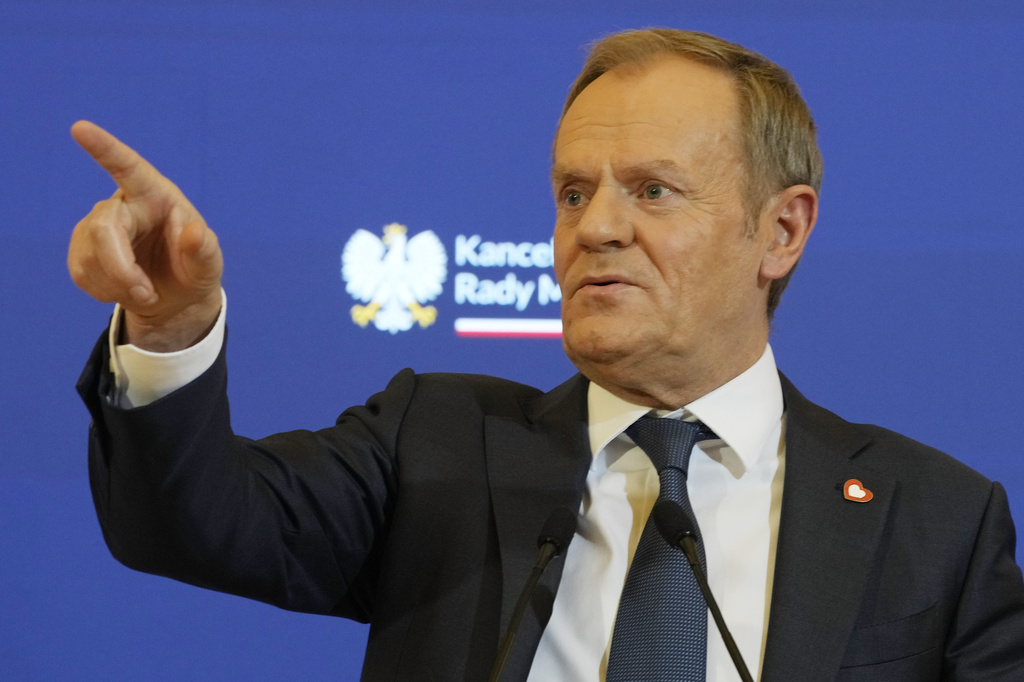Two years ago, the Hungarian opposition fighting to displace Prime Minister Viktor Orbán was promising, in case of victory, an experiment by which they would bypass the constitution, as if it was not there, despite not having the two-thirds required to actually legally change it. Orbán won, so it never happened, which may be a pity, as Poland might have been spared the experiment we’re currently facing.
In Hungary, the whole process would have had to go further, as there had been real constitutional change there, whereas in Poland, Law and Justice (PiS) leader Jaroslaw Kaczyński merely experimented with the gaps in the constitution without actually changing it.
What is happening in Poland is that the new liberal government is overturning procedural constraints so that its objectives are realized. This is utterly contrary to the 20th-century tradition of rulers staying within the bounds set by laws. These bounds were augmented by international laws and courts, which led to frustration that procedure was leading to political impotence and to these courts establishing a judicial aristocracy of progressive judges.
Poland’s rule of law crisis is the first in post-war Europe of this scale, so it is well worth watching since it may be a foretaste of epoch-making change. There are two aspects of this crisis of particular significance.
The first is that a semi-permanent state of emergency has been introduced, despite there being no emergency for people’s rights and constitutional procedures to be suspended. Such a suspension is required in times of war or natural disaster, as survival is more important than procedure. But this is not what we have here.
Take the example of public media. A minister steps in and, without declaring an emergency, takes action that is totally outside of the law just because he wants to bypass the unpleasant need for cohabitation with the head of state over changing legislation. Then, the government effectively suspends one of the president’s competencies, the right to issue pardons, by using an interpretation of the law rendering such a pardon invalid.
But we are going further still.
In Poland, the government is questioning the legal validity of key institutions such as the constitutional court and also judges who preside in other courts, calling them non-courts and non-judges.
No one has ever done this. Even during de-Nazification or the move away from communism, the existence of institutions themselves was not questioned. Their decisions and verdicts were questioned, but never their very existence.
Revolutionaries such as Georges Sorel have often argued that force is not necessarily evil. But I am rather inclined to agree with Max Weber who said that whenever force is used in politics, we are entering a pact with the devil. The liberal proceduralism that democratic Europe adopted after World War II was intended to minimize the zone of violence in politics.
Procedures are a constraint, but they protect our freedom by containing the use of force. This is why whenever the rule of law breaks down and is replaced by political will, force follows. The confrontation between force and procedure is a zero-sum game. The dream of the post-Fukuyama utopia of a liberal world without the use of force is over.
A new political era beckons in which, as has often been the case, Poland is to serve as a primary testing ground.






